Surgical Oncology
A cancer diagnosis can be overwhelming, and knowing that you need cancer surgery can cause additional stress. We understand. Our surgical oncology program includes experienced surgeons who provide the latest procedures in a compassionate environment.
BJC HealthCare works with Washington University physicians, BJC Medical Group, and providers across the region to deliver extraordinary care. Cancer surgery can be lifesaving and is often a key part of cancer treatment. Our surgical oncology team provides a full range of surgery options for all types of solid tumor cancers. As our patient, you benefit from:
Multidisciplinary team: We bring multiple experts together to develop the best cancer treatment plan for you. Surgical oncologists partner with medical oncologists, radiation oncologists, pathologists and oncology nurses to ensure all your needs are met.
Minimally invasive options: Our surgeons use the latest minimally invasive methods, including laparoscopic, robot-assisted and laser surgery options. These techniques offer a faster recovery with smaller incisions and less pain.
Compassionate care: It’s normal to feel overwhelmed and anxious about surgery. Our team takes the time to answer your questions and provide the emotional or mental health support you need.
National recognition: Our cancer care includes the world-leading Siteman Cancer Center. U.S. News & World Report consistently ranks Siteman among the top cancer centers in the nation.
Nurse navigators: We make cancer treatment easier so you can focus on healing. You receive a dedicated nurse navigator who schedules appointments and provides you with resources for transportation, emotional support and other needs.
Surgical oncology, or cancer surgery, has been a key part of cancer treatment for decades. Thanks to clinical trials and new discoveries, this field of medicine is always changing and improving. Our surgeons are on the forefront of this research, and they are knowledgeable in the latest and most effective cancer surgeries.
Depending on your needs, we may recommend cancer surgery for:
Diagnosis and staging: We may perform a biopsy (take a tissue sample) to diagnose cancer and determine the stage of cancer. Our surgeons provide the full range of biopsy techniques, including minimally invasive fine needle aspiration, image-guided biopsies and surgical biopsies. Our specialists discuss the results with you and answer all your questions.
Cancer treatment: Our surgeons have specialized training in cancer excision and resection (tumor removal surgery). Their knowledge and expertise allow them to perform a wide range of surgeries and choose the one that’s best for you.
Cancer prevention: People with a strong family history of cancer or certain risk factors may benefit from cancer prevention surgery. Examples include a preventive mastectomy for breast cancer or prophylactic oophorectomy (removal of your ovaries). These surgeries are a big decision, and our team is here to help you make an informed one.
Cancer surgery is an effective way to treat many different solid tumors. Our surgeons provide a wide range of leading-edge procedures, either alone or with other treatments like:
Our team carefully evaluates your health history and the tumor type, stage and location. We customize a surgery plan that will provide you with optimal results. No matter what type or stage of cancer you have, we’re here to help at each step.
We provide a full range of cancer surgeries, from routine to complex procedures. Our surgeons are experienced in:
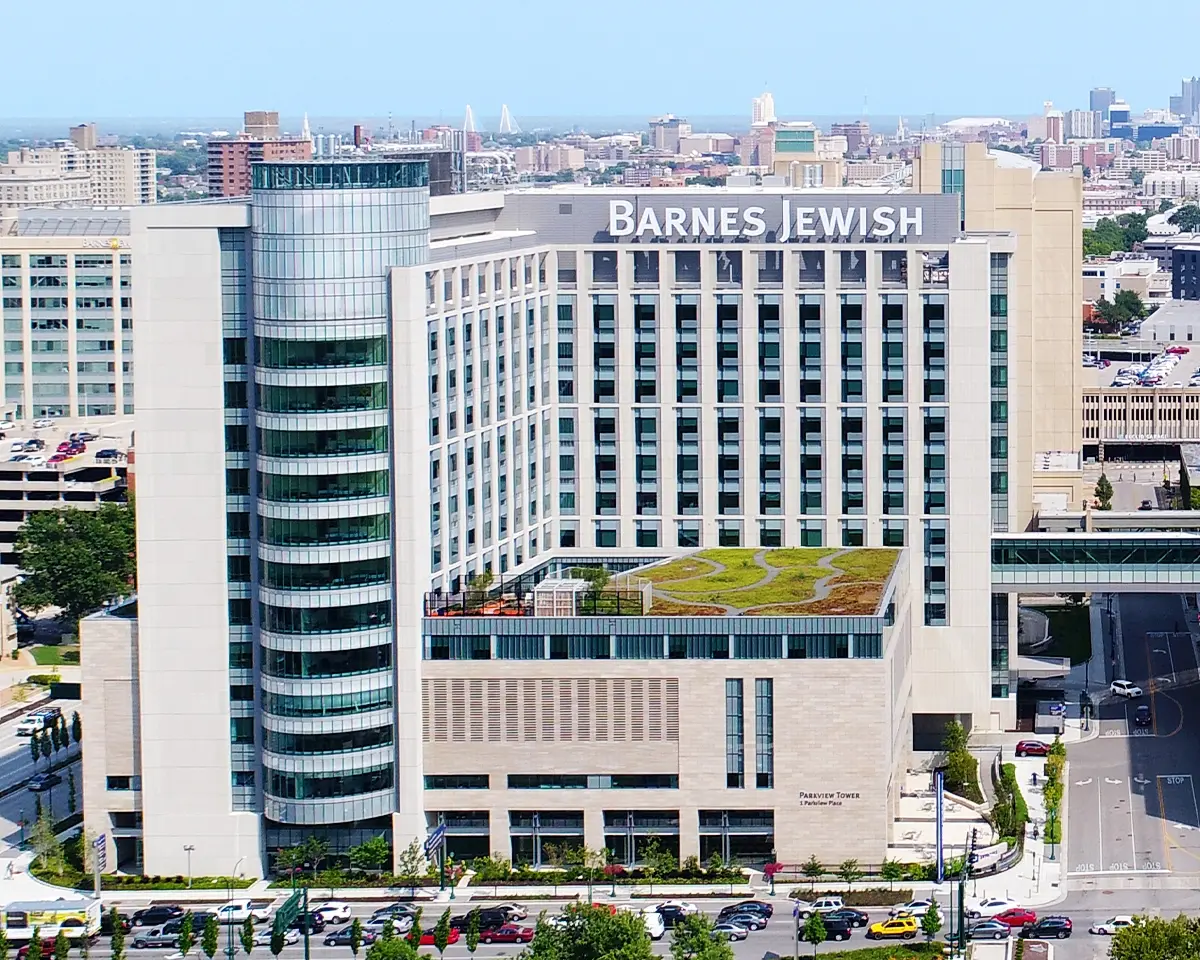 Barnes-Jewish Hospital
Barnes-Jewish Hospital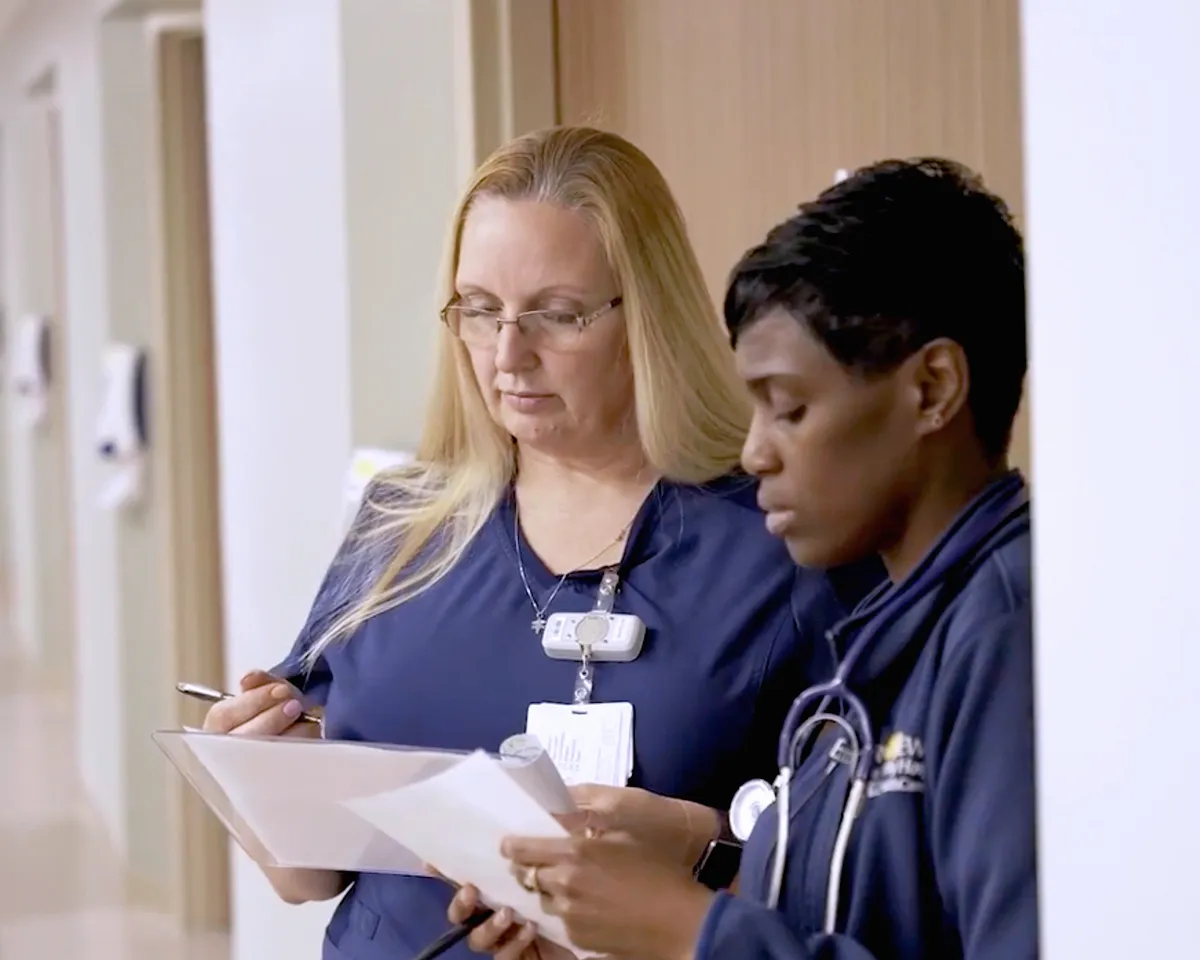 Barnes-Jewish St. Peters Hospital
Barnes-Jewish St. Peters Hospital Barnes-Jewish West County Hospital
Barnes-Jewish West County Hospital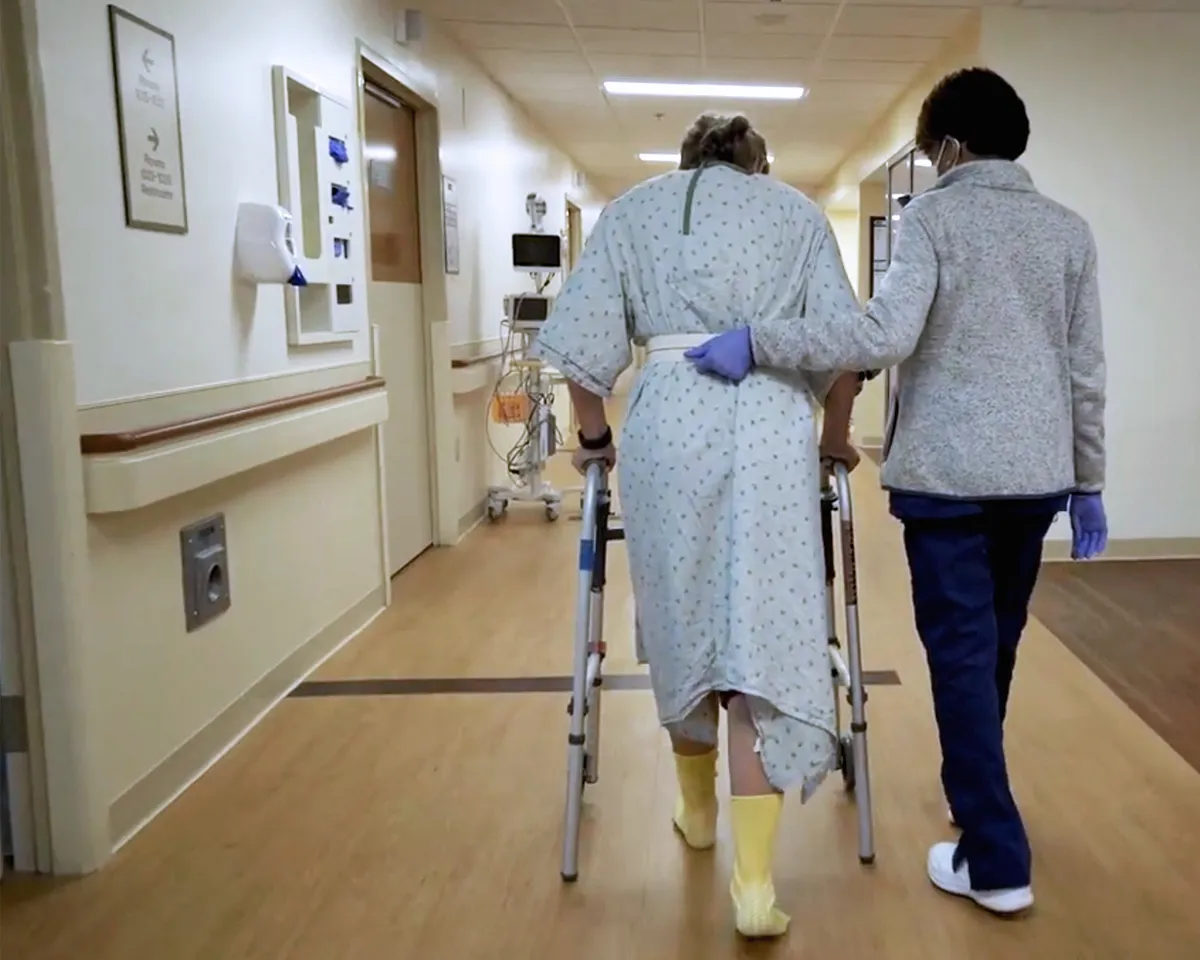 Christian Hospital
Christian Hospital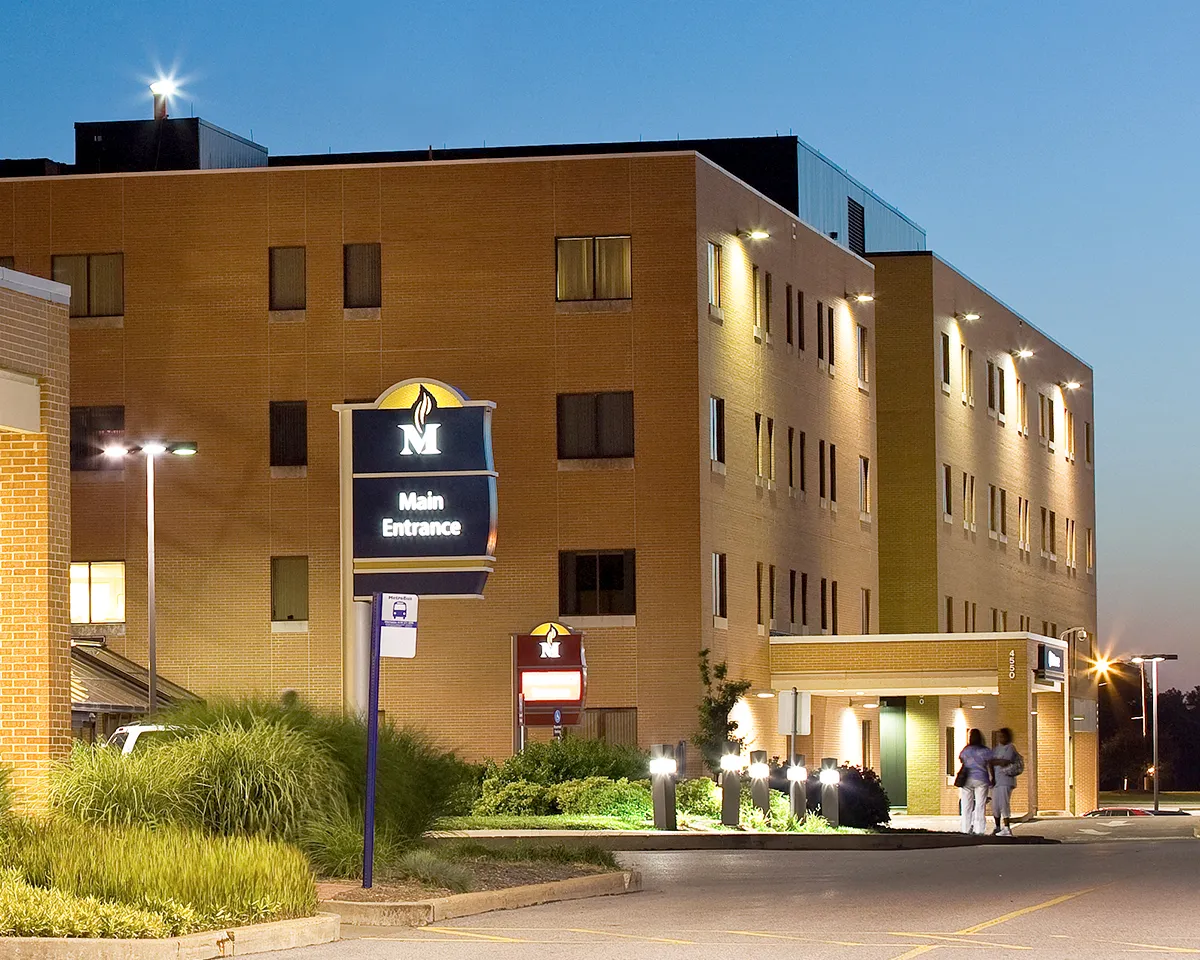 Memorial Hospital Belleville
Memorial Hospital Belleville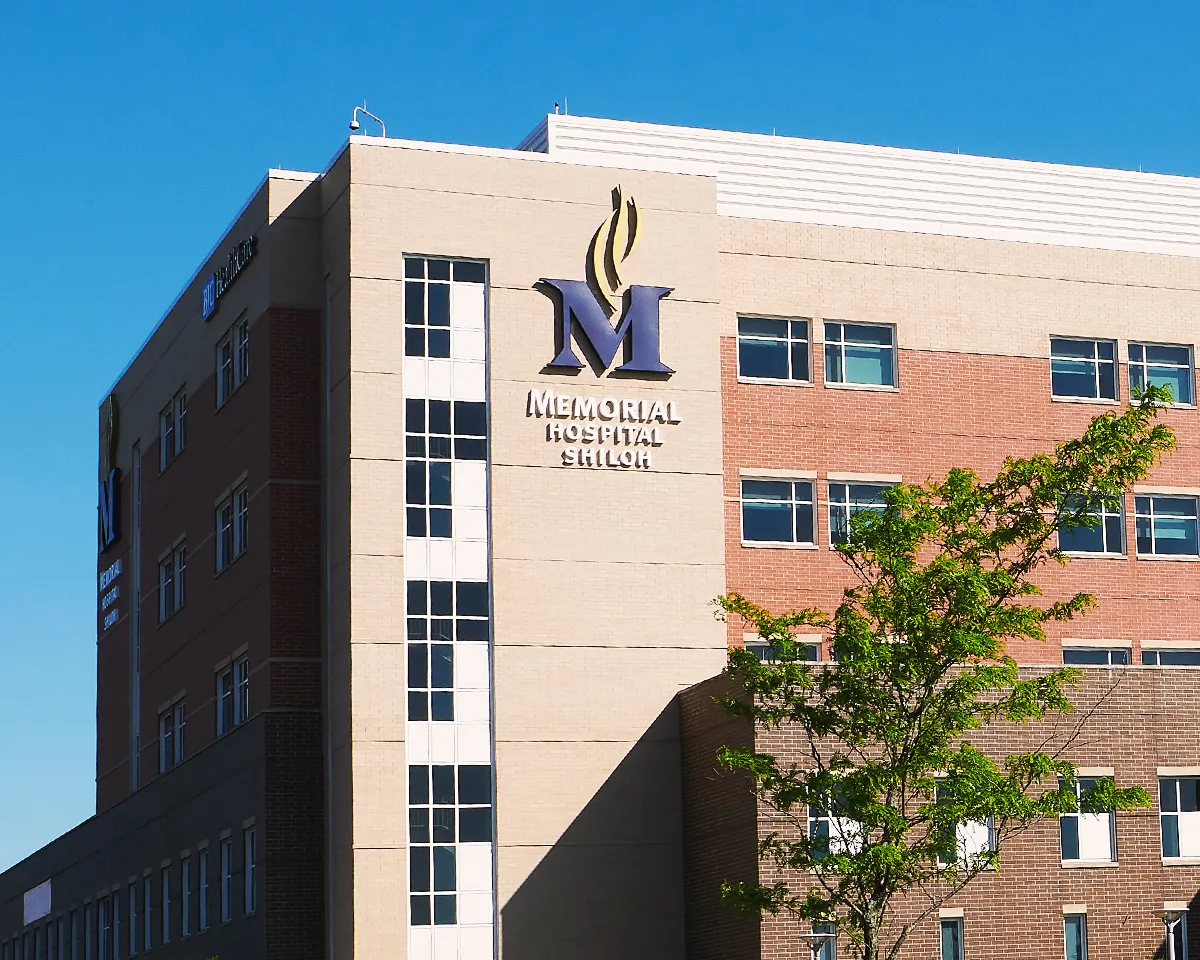 Memorial Hospital Shiloh
Memorial Hospital Shiloh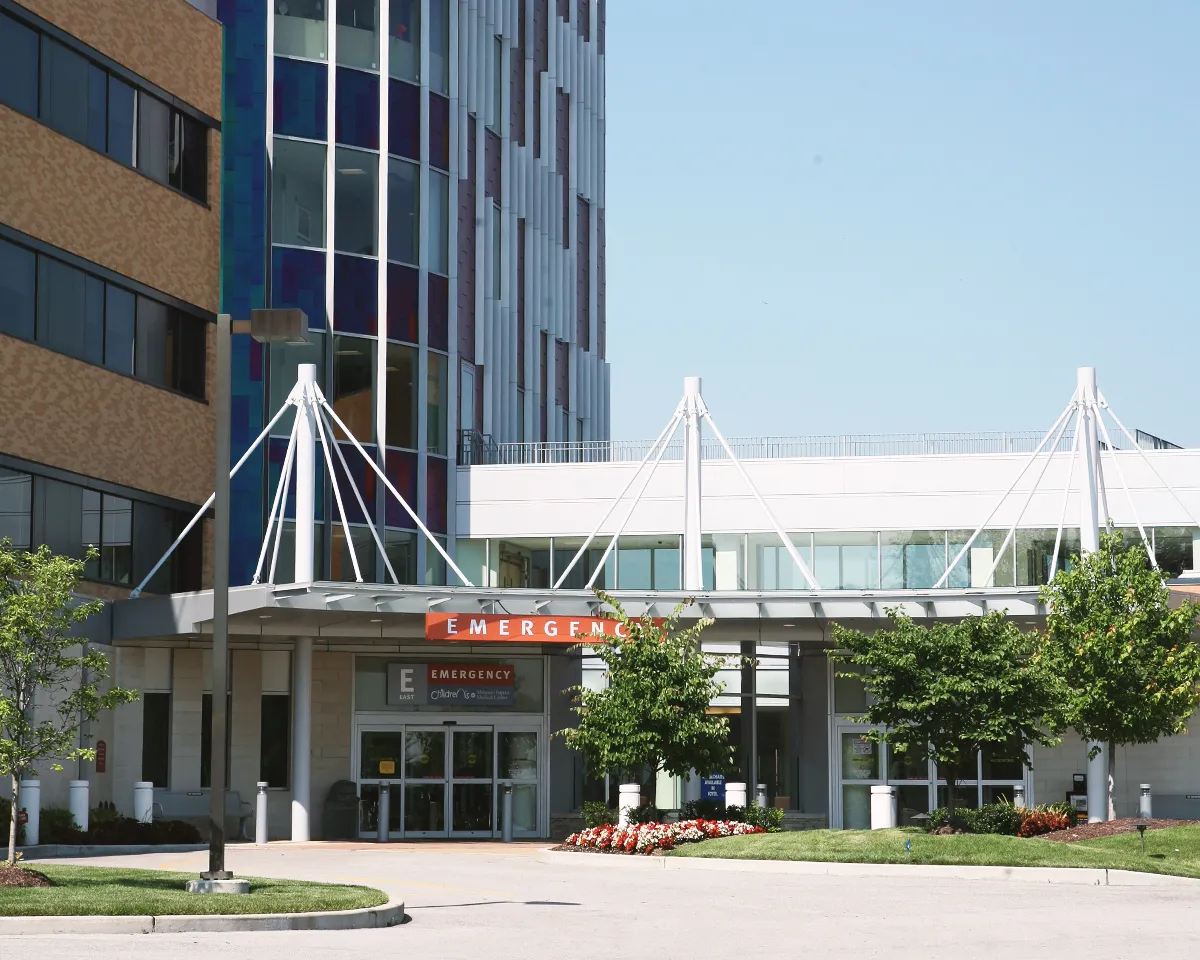 Missouri Baptist Medical Center
Missouri Baptist Medical Center
- Patient Story
Schedule your appointment
Call (314) 362-9355 or (800) 392-0936 to schedule your appointment with a specialist.